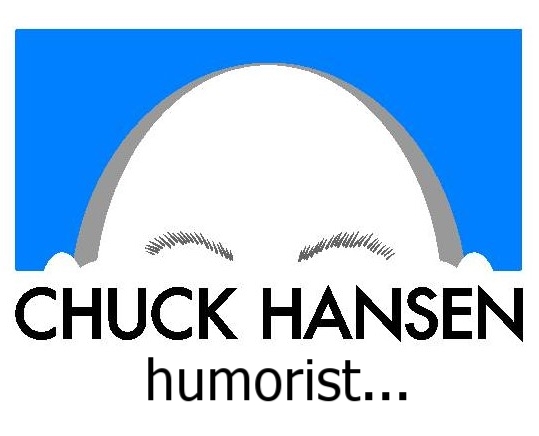It’s fixable: Mental Health Awareness Month
I don’t want to let Mental Health Awareness Month slip by with re-running this essay. One in four Americans will suffer from a mental illness during their lives. If you, like me, are part of that 25%, get help.
——————-
I am the 25%
(originally ran in May 2012)
At first it was just a quirk. And kind of funny.
It started in my late 20s. Usually before a big weekend, I would notice my every sniffle, and I would worry that I was getting sick. In fact, I’d worry so much that I would get sick.
I began flushing public toilets with my foot instead of my hand. I also used paper towel to open the bathroom door when I was done. Although I still refuse to concede that I was being overly germ-sensitive, since half the guys leaving the bathroom walk right past the sink without washing their hands. And besides, now there are trash cans by the doors of bathrooms because everybody does it. So THERE.
I became a regular at the emergency room, sure I was having a heart attack. After 30 minutes of running on the stress-test treadmill in a suit and tie, I’d be sent home with a clean bill of health and a pitted shirt.
I joked that I’d been to the emergency room so many times with imagined ailments that I got frequent liar miles.
Every lump was a tumor. Every bump was skin cancer. I might as well have made WebMD.com my home page.
It was even affecting my play. I was a pitcher for my softball team, and my incessant worrying that I would not throw a strike was not helping me to throw strikes. Nor did it help, by the way, when the outfielders yelled, “Throw a strike!” as if it hadn’t occurred to me.
It was funny, but it was still a problem. Lying in bed at night contemplating my mortality was leaving me exhausted. Sitting at my desk during the day contemplating my mortality was no picnic either.
Finally I couldn’t take it anymore. I had fought the counter-productive thoughts on my own for years and I was failing, and it was beginning to significantly, negatively impact my life.
I went to an expert for help, and it was the best thing I ever did. Honestly, I thought the doctor was going to tell me I was losing my mind. I was afraid I was going to lose my kids, my marriage, my life.
But instead, the doctor said the two greatest words (other than Stacy’s “I do”) that I have ever heard. He said, “It’s fixable.”
He told me I had obsessive compulsive disorder, or OCD, and that I was one of millions of people with this problem. That realization alone was a huge relief. And he worked with me to fix it.
I often speak and write about strategies for sanity in a world gone nuts – things like going with the flow, maintaining perspective and, of course, keeping your sense of humor.
But there are times when we cannot overcome overwhelming feelings of vulnerability and stress, or when a brain disorder (which is a physical ailment in the same way that heart disease is a physical ailment) can cause depression, panic, anxiety or other symptoms. In those cases, “positive thinking” isn’t going to cut it.
When that happens, don’t mess around. Get help.
There are many resources in your area, from counselors, psychologists and psychiatrists to health centers like “Friends 4 Recovery” in Chesterfield County, VA, which provides people with techniques to manage their illness, obtain and maintain their recovery, and get prepared to join or re-join the workforce.
Studies show that one in four Americans will experience a serious mental health issue during their lives.
If you ever suspect that you might be one of the 25%, please get help.
Because it’s fixable.

